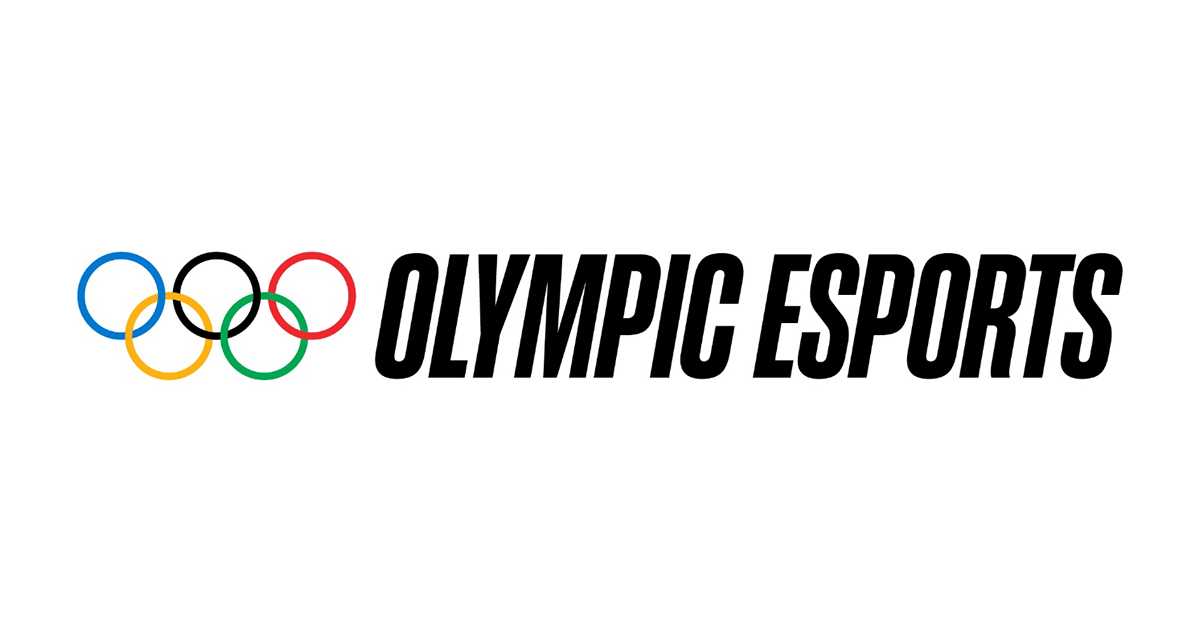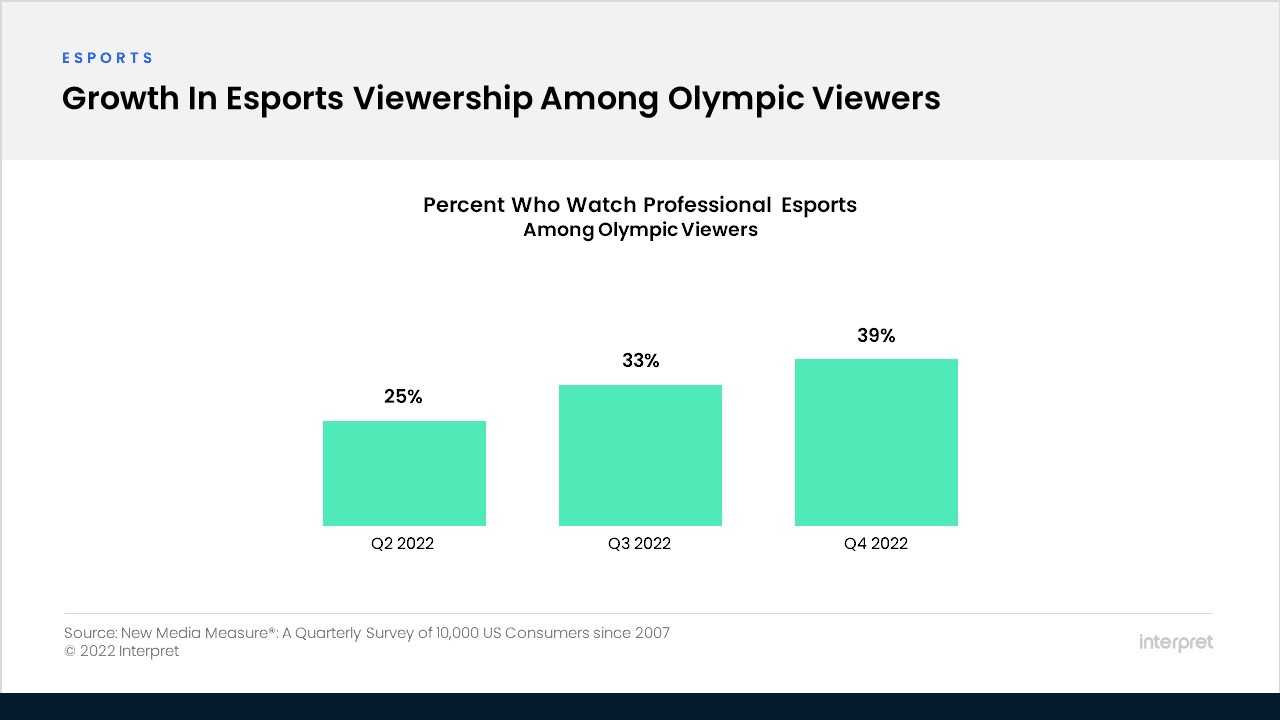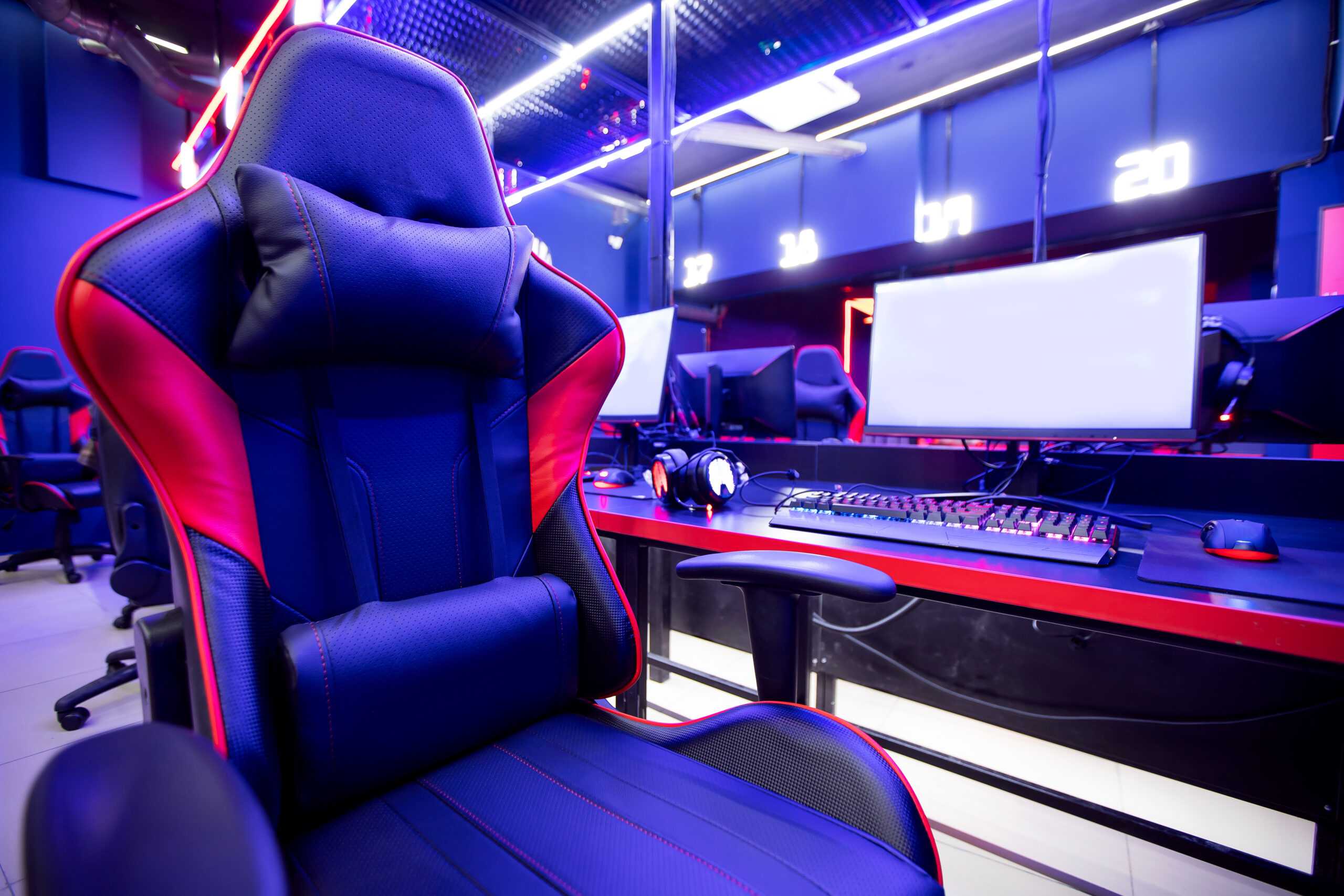In 2021, the International Olympic Committee (IOC) took a step towards embracing competitive gaming with its Olympic Virtual Series, which took place in May, ahead of the Summer Games in Tokyo. At the time, the IOC acknowledged a need to reach a younger demographic and decided that esports and digital engagement would be key to addressing its ageing audience problem. The 2021 event did not leverage popular esports like League of Legends or CS:GO, but instead featured baseball (featuring Konami’s eBaseball Powerful Pro Baseball 2020), auto racing (Gran Turismo), cycling via Zwift, rowing, and sailing.
Now, two years later, the upcoming Esports Week held in Singapore this June is treading familiar ground while adding in odd game choices like Ubisoft’s Just Dance along with archery game Tic Tac Bow and mobile tennis title Tennis Clash.
On the one hand, for the Olympics to support any competitive gaming is a positive outcome to further legitimize esports across the world as a form of mainstream entertainment. On the other hand, if the IOC’s goal is to bring in more gaming and esports fans into the world of the Olympics, not including any of the games that actual esports organizations compete in is somewhat hard to understand.
What’s clear is that the IOC has taken more of a “virtual sports” approach rather than a pure esports one. Casper Due, a CS:GO coach for esports org OG, reacting to the IOC’s announcement remarked on Twitter, “Another banger of a decision by random consultants with absolutely zero insights to what esports is.”
The 2021 Olympic Virtual Series garnered over 250,000 participants from across 100 countries, according to the IOC, but what kind of impact the event had on attracting more esports viewers is somewhat nebulous. Interpret’s New Media Measure® data, however, does reveal some growth in US esports viewership among Olympic viewers during 2022. By the end of the year, among those who reported following either the Summer or Winter Olympics, almost 40% also reported watching esports.
This doesn’t necessarily mean that the upcoming Esports Week during the Summer Olympics in Singapore will be a resounding success, but it is a sign of the growing importance of esports. If anything, the data shows that the IOC likely should have chosen to include some major esports like League of Legends to better align with the growing appetite for esports among its audience. Indeed, the IOC itself claimed after the Beijing 2022 Games that “57% of 13- to 19-year-old viewers want to watch more Olympic Games coverage in the coming years” – a demographic for which esports is more likely to resonate.







